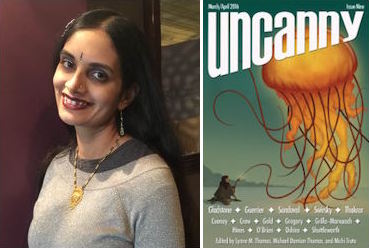Advertisement
Innumerable Voices: The Short Fiction of Yukimi Ogawa

Haralambi Markov
Haralambi Markov
Haralambi Markov is a writer, editor, reviewer and marketing specialist living in Varna, Bulgaria. His writing has appeared in Geek Love, Electric Velocipede and Arcane Volume II. He has co-edited the podcast Tales to Terrify for a year and its first anthology volume.
Haralambi Markov is a Bulgarian critic, editor, and writer of things weird and fantastic. A Clarion 2014 graduate, Markov enjoys fairy tales, obscure folkloric monsters, and inventing death rituals (for his stories, not his neighbors... usually). He tweets at @HaralambiMarkov and blogs at The Alternative Typewriter.
Website
Latest from Haralambi Markov
Showing 11 results

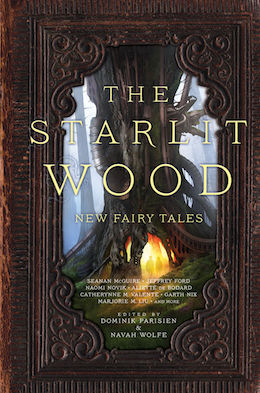
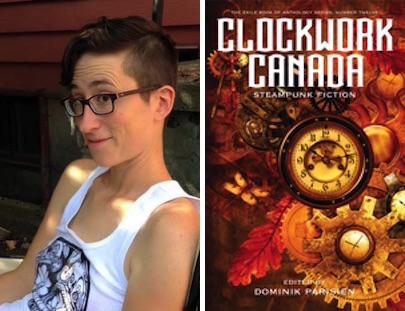

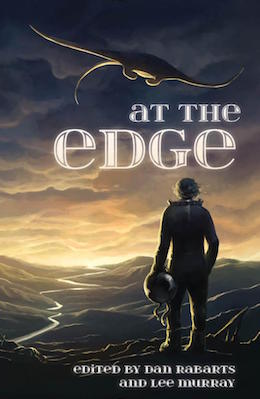

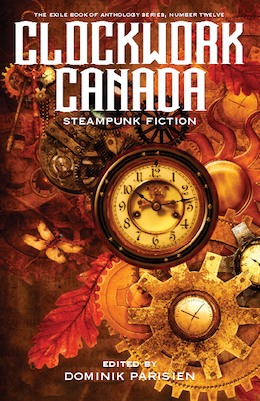
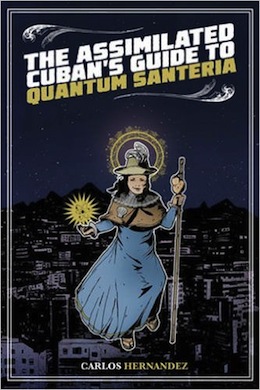
“There is an art to smiling in a way that others will believe. It is always important to include the eyes; otherwise, people will know you hate them.”
N.K. Jemisin, The Fifth Season









